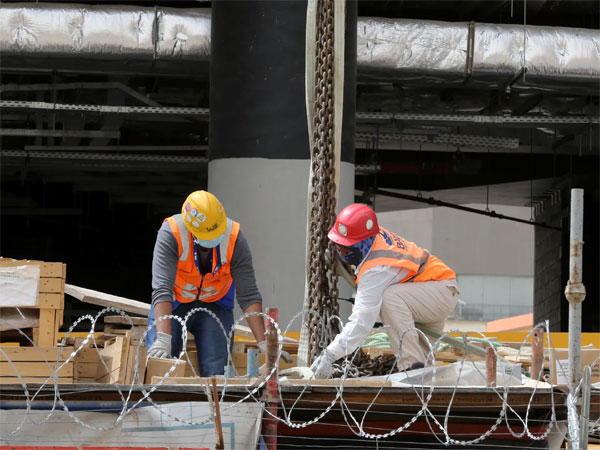Daijiworld Media Network - Riyadh
Riyadh, Oct 22: In a landmark shift set to impact millions of migrant workers, Saudi Arabia has officially abolished the five-decade-old Kafala sponsorship system, a move hailed as a major step towards labour reform and human rights progress in the Gulf region.
The Kafala system, introduced in the 1950s, had long given employers near-total control over foreign workers' lives — including the power to confiscate passports, block job changes, and prevent workers from leaving the country. The controversial system was widely criticised by human rights groups for enabling labour exploitation and abuse, particularly among unskilled workers in sectors like construction and manufacturing.

The abolition of Kafala is part of Crown Prince Mohammed bin Salman's ambitious 'Vision 2030', an economic and social reform plan designed to diversify Saudi Arabia’s economy and improve its global image. The move is expected to benefit around 13 million migrant workers, including 2.5 million Indians who form a significant part of the kingdom's workforce.
Under the old system, workers were tied to a 'kafeel' — a sponsor who could be an individual or a company — and had the power to control the worker’s legal status, employment rights, and even basic freedoms. Many suffered wage theft, were denied the right to switch jobs, and had no legal recourse without the sponsor’s consent — even in cases of abuse.
While white-collar professionals faced fewer restrictions, unskilled and low-income workers bore the brunt of the system. International bodies like the International Labour Organization (ILO) have long warned that the Kafala model in the Middle East posed serious risks of forced labour and human rights violations.
The formal dismantling of the system signals a new chapter in Saudi Arabia's treatment of foreign workers. As the country prepares to host major global events — including the 2029 Asian Winter Games — it is clear that reforms like this are central to the kingdom’s efforts to create a more inclusive, rights-respecting labour market and attract international investment.